The connection between Paul Robeson, the Cwmbach Male Choir, and the South Wales NUM
I first discovered the inspirational figure of Paul Robeson thanks to the Manic Street Preachers 2001 single ‘Let Paul Robeson Sing’ on their sixth album ‘Know Your Enemy.’ I was immediately in awe of a man who dedicated himself to opposing social injustice, and economic inequality, using his immense talents and fame to champion the oppressed wherever he went, including the working class of South Wales to whom he formed a deep bond.
I knew Robeson had connections with the South Wales Miners, however, when I learned that Paul Robeson, activist, fine actor, singer, multilinguist, lawyer, and sportsman had sung with the Cwmbach Male Choir, I was enthralled as this is the village I grew up in until I was 16 (Cwmbach Male Choir, 2020).
Paul Robeson in Wales
Paul Robeson was born in America. He initially trained to become a footballer, but later went to college in New York to study Law. He was eventually led into the world of acting and singing (Information from collection item ACVMS 1998.3253.2).
After establishing himself as a talented performer, Paul Robeson came to London in 1929 to perform in the musical ‘Showboat’ when he chanced upon Rhondda miners. He learned that they had marched all the way to the capital to protest their impoverished conditions and who had been blacklisted because of their participation in the 1926 General Strike (Radical Tea Towel, 2019). Hearing the men sing, Robeson joined and sang in solidarity (Radical Tea Towel, 2019). This event must have kindled Robeson’s lifelong commitment to the miners and the National Union of Mineworkers (NUM) and led to the performer visiting South Wales, including Cwmbach, over subsequent decades (Paul / Radical Tea Towel, 2019).
Paul Robeson developed a strong kinship with the striking miners of South Wales that he would go on to visit the area many times in the subsequent decade (Taylor, F.). Between 1929 – 1938, Robeson performed in Cardiff, Neath, and Swansea using his beautiful voice to comfort and connect with the miners (Taylor, F. date unknown). As a communist supporter of the Republican side in the Spanish Civil War, Robeson was keenly aware of what the miners from South Wales, including the Cynon Valley, had been through. In 1938, he sang to the 7,000 people who attended the Welsh International Brigades Memorial at Mountain Ash which was held to honour the 33 Welshmen who had lost their lives (Taylor, F.). Robeson declared “I am here because I know that these fellows fought not only for me but for the whole world. I feel it is my duty to be here.” (Taylor, F).

Paul Robeson in 1938 (Source Wikimedia Commons, User Yousuf Karsh).
Mutual Support
As an actor, Paul Robeson brought the plight of the South Wales miners to the silver screen in his movie, The Proud Valley, a film in which he played an unemployed seaman who is accepted by the Welsh miners when their choir leader hears him sing, leading to the overcoming of racial prejudices through the common solidarity of working together in a dangerous industry. This was Robeson’s proudest film (Sparrow, 2017).
Yet despite all his success as an actor and a singer, Paul Robeson was later subject to state-level persecution for his beliefs during the Cold War era. The FBI prevented him from performing at home, whilst the U.S. State Department confiscated his passport (Sparrow, 2017). You can see a copy of this object on the People’s Collection Wales website (. Yet the Welsh miners reached out to him like he had reached out to them at the height of his success years before (Sparrow, 2017). It was this event that the Manic Street Preacher’s chronicle in their song ‘Let Robeson Sing’ and which introduced me to this heroic figure in the first place.
As the Cwmbach Male Choir recounts, the NUM were resolute in their determination to return their solidarity to Robeson during this terrible time. Each year between 1950 and 1957, the Miner’s Eisteddfod in Porthcawl invited Robeson to attend their event (Cwmbach Male Choir, 2020). In a beautiful moment of technological subversion and defiance, Robeson was able to address the 1957 Eisteddfodd using the telephone – possible because of a newly available transatlantic cable – from a secret location in New York (Cwmbach Male Choir, 2020). Finally, Robeson could sing to the miners again! If only to have been a member of that audience! It was described as ‘a great emotional and historical occasion which was a great success’ (Information from collection item ACVMS 1998.3253.2).
Robeson On Tour
Finally, the U.S. state was forced to give Paul Robeson his freedom to work and travel back when the campaigning efforts of international petitions – supported by the South Wales miners – forced the U.S. Supreme Court to reinstate his passport in 1958 (Coalfield Web Materials). In his book he later wrote, Here I Stand, Robeson pays tribute to the South Wales miners for the part they played in his release (Information from collection item ACVMS 1998.3253.2).
As a result, Paul could tour Europe again and he received a joyous greeting upon his arrival in Britain (People’s Collection in Wales). Fittingly, he was invited to perform at the National Eisteddfod in Ebbw Vale in 1958 (People’s Collection in Wales). Present to hear and see the great man were The Cwmbach Male Choir were present, who had previously sung ‘We’ll Keep a Welcome’ back to Robeson after he had sung the ‘Didn’t my Lord deliver Daniel’ to the no doubt rapt audience (Cwmbach Male Choir, 2020). The Cwmbach Choir described his great bass voice to ‘produce a timbre that was unmistakeably Robeson and no other’ (Information from collection item ACVMS 1998.3253.2).
Furthermore, the honour of presenting Robeson with a Welsh Prayer Book and a symbolic Miner’s Lamp (made at the Cambrian Lampworks in Aberdare) was given to Mr. Dai Francis, the General Secretary of the South Wales Branch of the National Union of Mineworkers and the President of Cwmbach United Male Choir (Cwmbach Male Choir, 2020). Such was the esteem Robeson was held in by the NUM, he was further honoured with a reception (Cwmbach Male Choir, 2020). Robeson addressed the miners and observed:
“You have shaped my life, I have learned so much from you. I am of the working class and, like you, proud to be so…” (Cwmbach Male Choir, 2020).
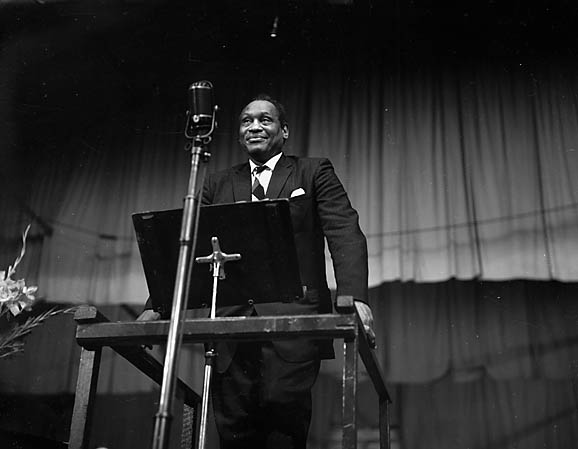
Paul Robeson onstage during the 1958 National Eisteddfod of Wales, Ebbw Vale. 4 August 1958 (Source Wikimedia Commons, User Jinjibïar. Image also held at the Geoff Charles Collection held at the National Library of Wales.)
Paul Robeson’s affinity with the miners of South Wales was unmistakable. Robeson would go on to further collaborate with Cwmbach Male Choir thanks to the efforts of Dai Francis in particular; Francis was active in the ‘Movement for Colonial Freedom’ which sought liberation for Black Africans, and he persuaded Robeson to sing with the Choir at an event to mark ‘Africa Freedom Day’ in the Royal Festival Hall in London on Easter Sunday 1960 (Cwmbach Male Choir, 2020). The museum collection contains a photograph that was taken on this day (image below). At this inspiring historic event, Robeson joined with the choir to sing the Welsh language song ‘Ar Hyd y Nos’ (All through the Night), also demonstrating his commitment to the Welsh language in doing so (Cwmbach Male Choir, 2020). This worldwide famous singer was so impressed by the quality of the choir’s singing that night he stopped singing halfway through the performance to listen instead and after the piece had finished, Robeson joined in the audience applause and apologised, explaining “I just wanted to join you to listen and enjoy the sheer beauty of the voices” (Cwmbach Male Choir, 2020).
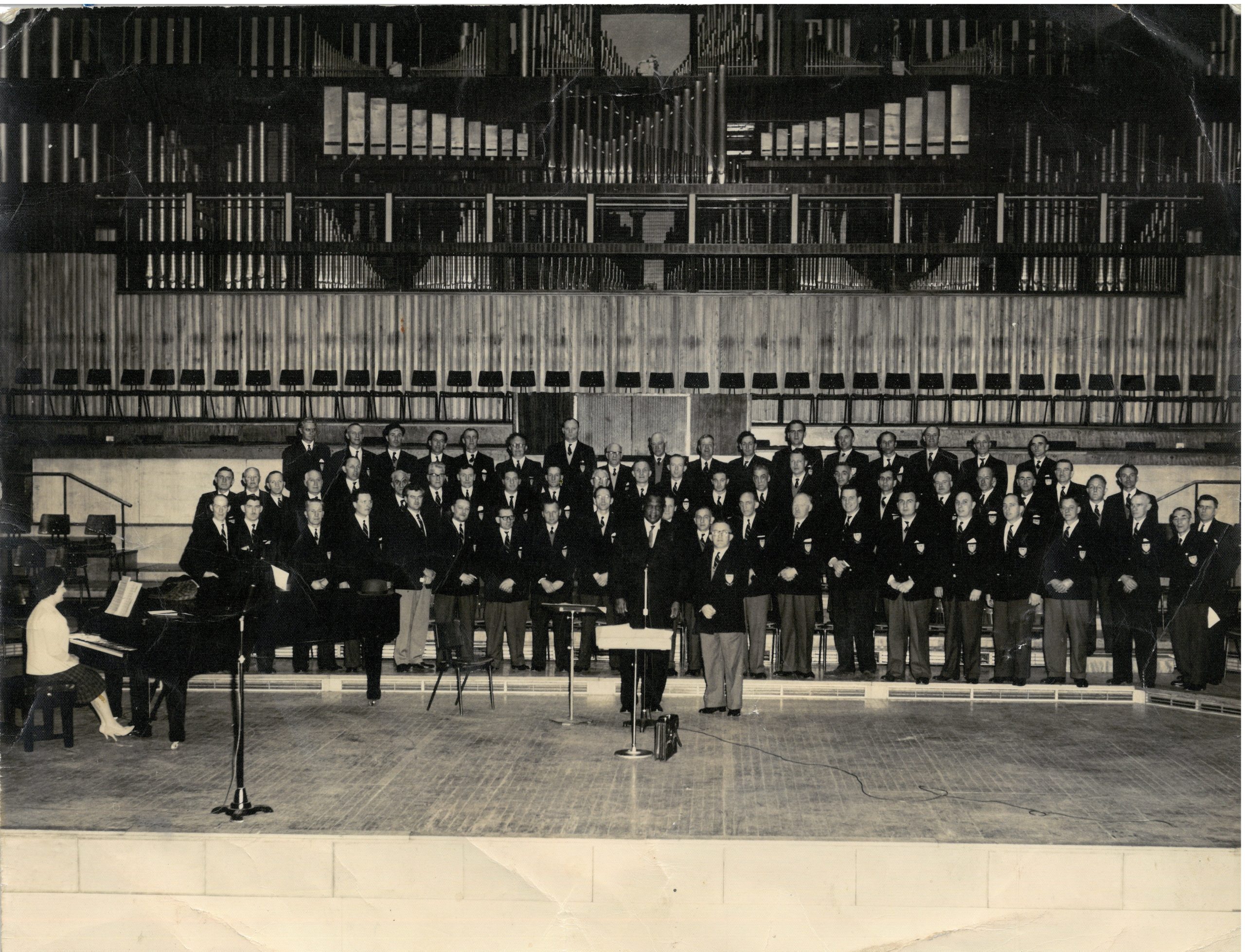
ACVMS 2009 1963 1: Black and white photograph, ‘Cwmbach choir with Paul Robeson, Festival Hall, London 1960’
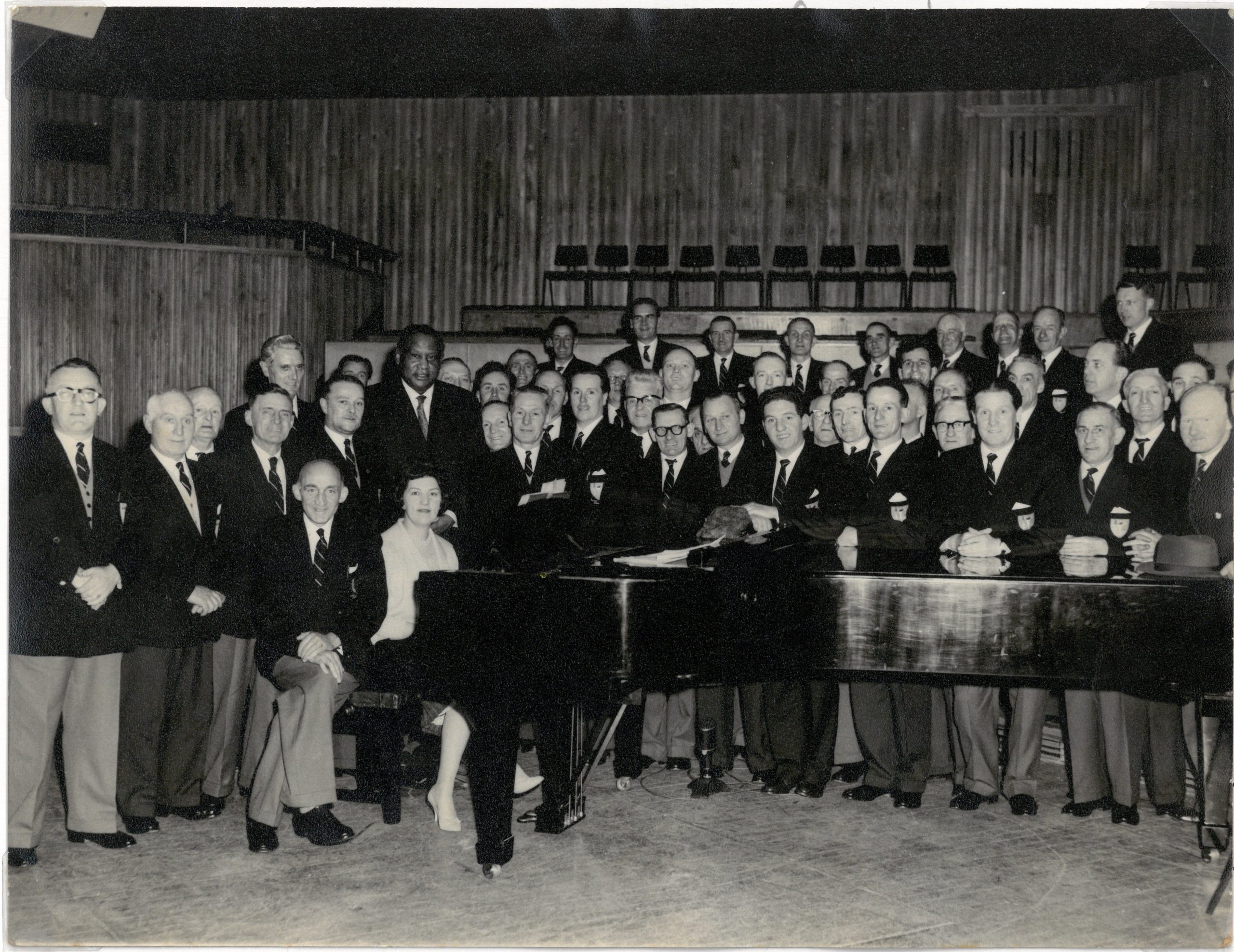
ACVMS 1996.325 Black and white photograph of Cwmbach Male Choir with Paul Robeson. Photographer Ron Bevan.
Unfortunately, although a follow-up concert was organised the next year, at the last moment Paul Robeson was taken ill and was unable to perform with the choir (Cwmbach Male Choir, 2020). However, George Lloyd, a member of the Cwmbach Male Choir was asked to take Robeson’s place and despite being an amateur he stepped up to the plate (Cwmbach Male Choir, 2020). When George died in 1999, aged 80, this moment was recalled as his proudest (Cwmbach Male Choir, 2020). He must have shared the pride with all the members of the choir who had the honour of singing with such a great man as Paul Robeson. Paul Robeson himself sadly died in 1976, staying out of public life in his last years following the loss of his wife in 1965 (Cwmbach Male Choir, 2020). An item in our collection (image below) highlights the concert held in memory of Paul Robeson. The concert took place at The Pavillion in Porthcawl on Sunday 29th February 1976. The programme expresses thanks to the Cwmbach Male Choir for organising the event, and for planning the programme of songs and hymns. The programme describes the evening as bringing back memories of 1960 ‘when the Choir and Paul Robeson gave a performance in aid of the Movement for Colonial Freedom.’
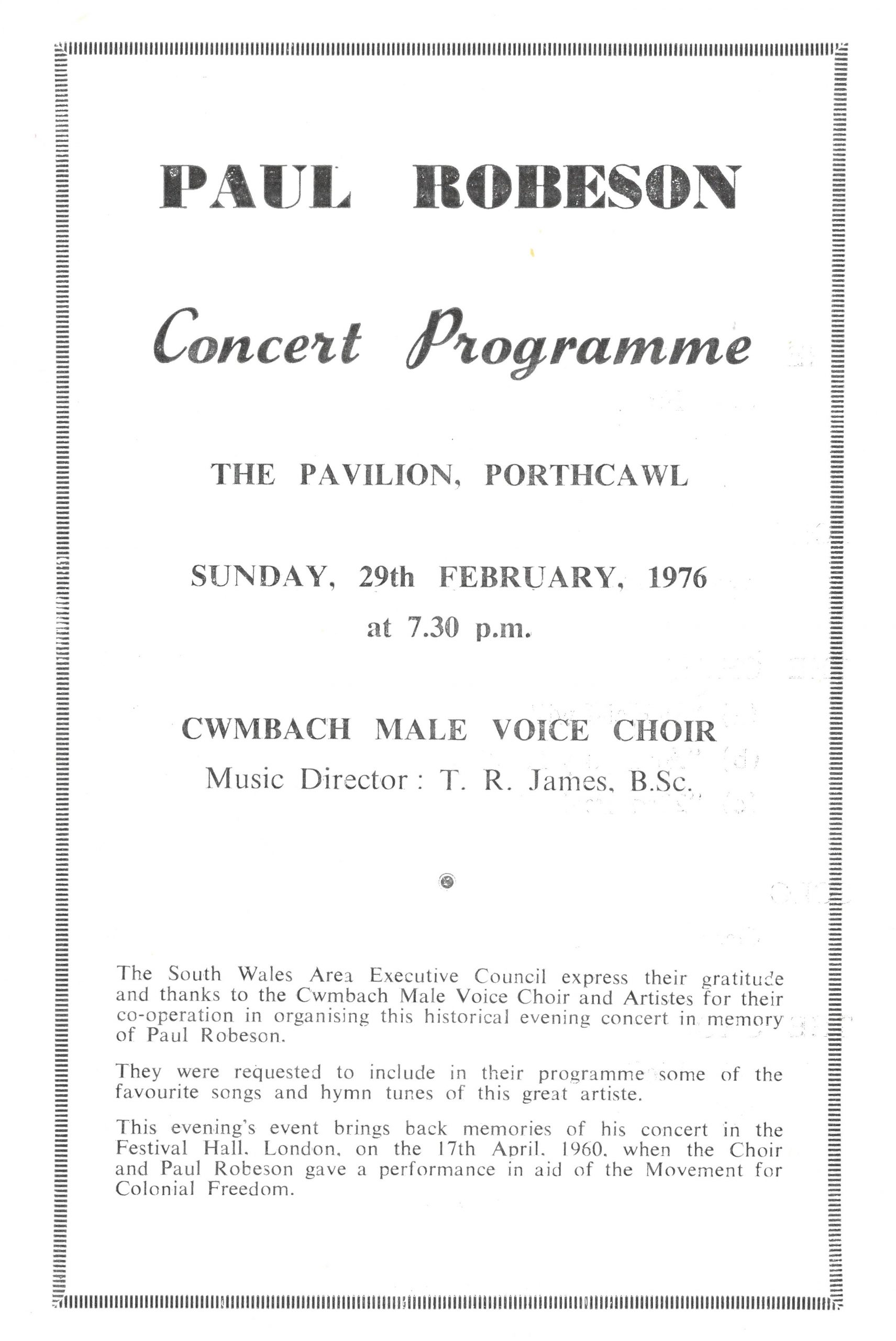
ACVMS:1998.3253.1 A concert programme for the event dedicated to remembering Paul Robeson. Held at The Pavillion, Porthcawl on Sunday 29th February 1976.
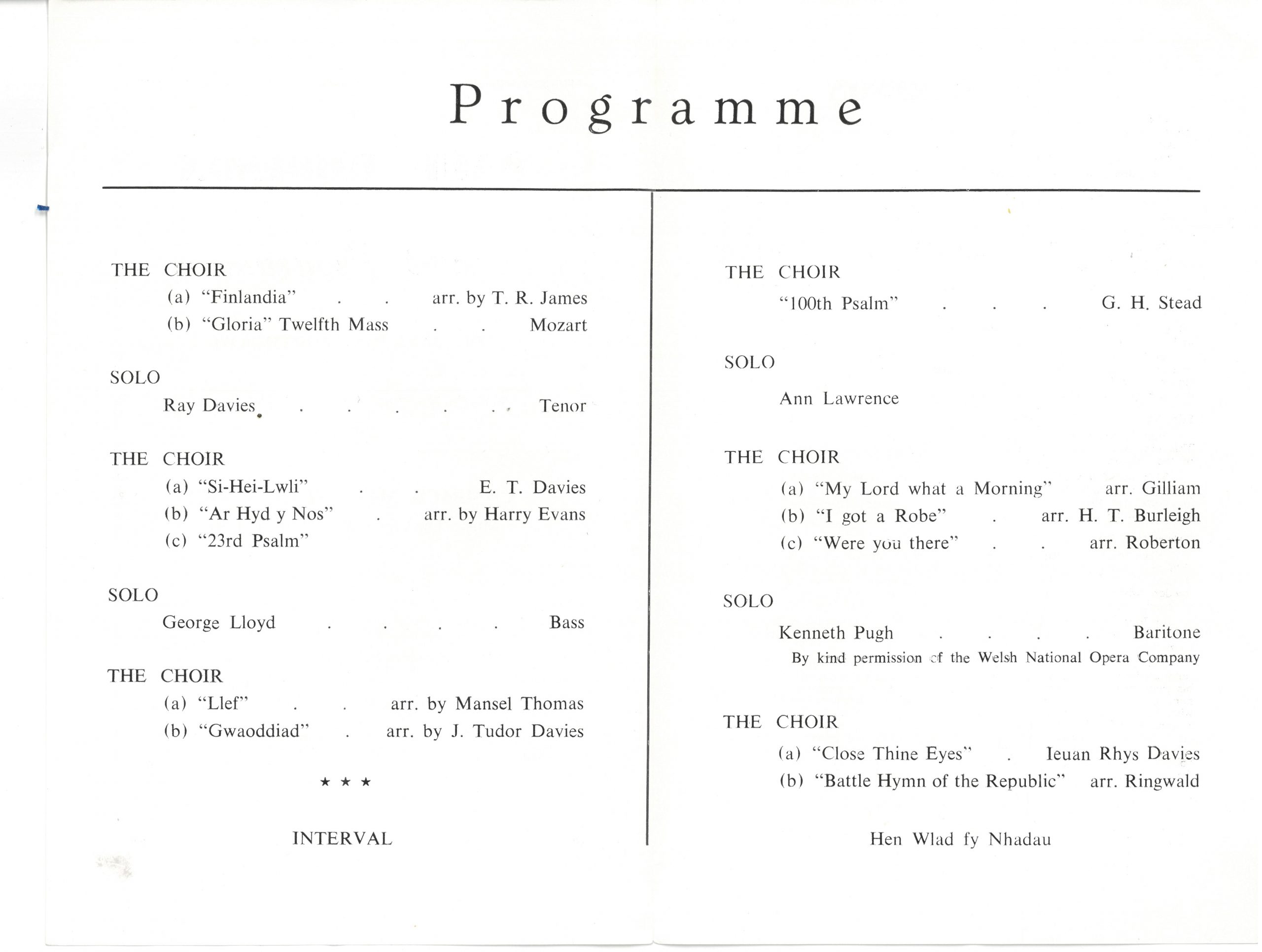
ACVMS:1998.3253.2 The inside of a concert programme for the event dedicated to remembering Paul Robeson. Held at The Pavillion, Porthcawl on Sunday 29th February 1976.
As you can see, these items in our collection capture the wonderful history of international solidarity well worth recording and celebrating for today’s generation. Let Paul Robeson Sing!
Written by Museum Assistant, Sarah Mayo, 2021.
Sources:
- Coalfield Web Materials. no year given. Coalfields Web Materials. 30 March 2021. Available from:
Paul Robeson (agor.org.uk) - Cwmbach Male Choir., 2020. Cwmbach Male Choir. 30 March 2021. Available from:
News Archive 2020 — Cwmbach Male Choir - Pete (no surname given)., 2019. Radical Tea Towel. 30 March 2021. Available from:
(Radical) Black History Month, Part II: Paul Robeson in the Rhondda Valley – Radical Tea Towel - People’s Collection in Wales. No year given. People’s Collection in Wales. 30 March 2021. Available from: Robeson-in-Wales.pdf (peoplescollection.wales)
- Sparrow, J.,2017. How Paul Robeson found his political voice in the Welsh valleys. The Observer (online). 2 July. 30 March 2021. Available from: https://www.theguardian.com/books/2017/jul/02/how-paul-robeson-found-political-voice-in-welsh-valleys
- Taylor, F., (No year given). Healey Hero. 30 March 2021. Available from:
Paul Robeson (healeyhero.co.uk) - People’s Collection Wales, Item image – Paul Robeson’s passport, Available from: https://www.peoplescollection.wales/items/24367
- Wikimedia Commons, Available from: https://commons.wikimedia.org/wiki/Main_Page
- Object ACVMS 1998.3253.1-2 – A concert programme for the event dedicated to remembering Paul Robeson. Held at The Pavillion, Porthcawl on Sunday 29th February 1976.
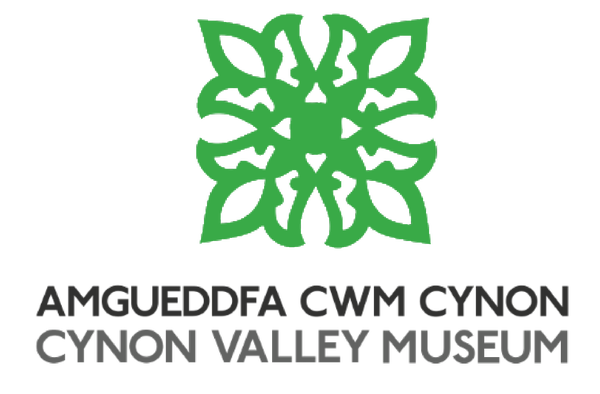
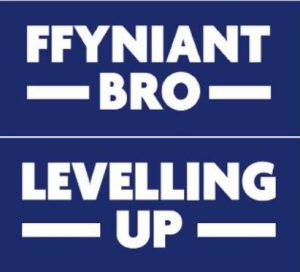

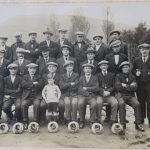
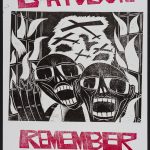
I was there!
I was brought up in a Communist household. (Dr Alistair Wilson from Aberdare was one of my Dad’s best friends). I had always known of Robeson’s Welsh connections. I rememder when his passport was returned.
I was 15 when the Eisteddfod came to Ebbw Vale. My mother Dorcas Jones and I went to Robeson’s concert with Joe Brown of the Galon Uchaf Post Office in Merthyr.
When the Eisteddfod returned to Ebbw Vale more than 50 years later, my late husband Bryan and I wen to the Cymanfa. There was a mix up with our tickets and they reallocatedour seats to the front row where Inwas just two seats from Robeson’s granddaught.